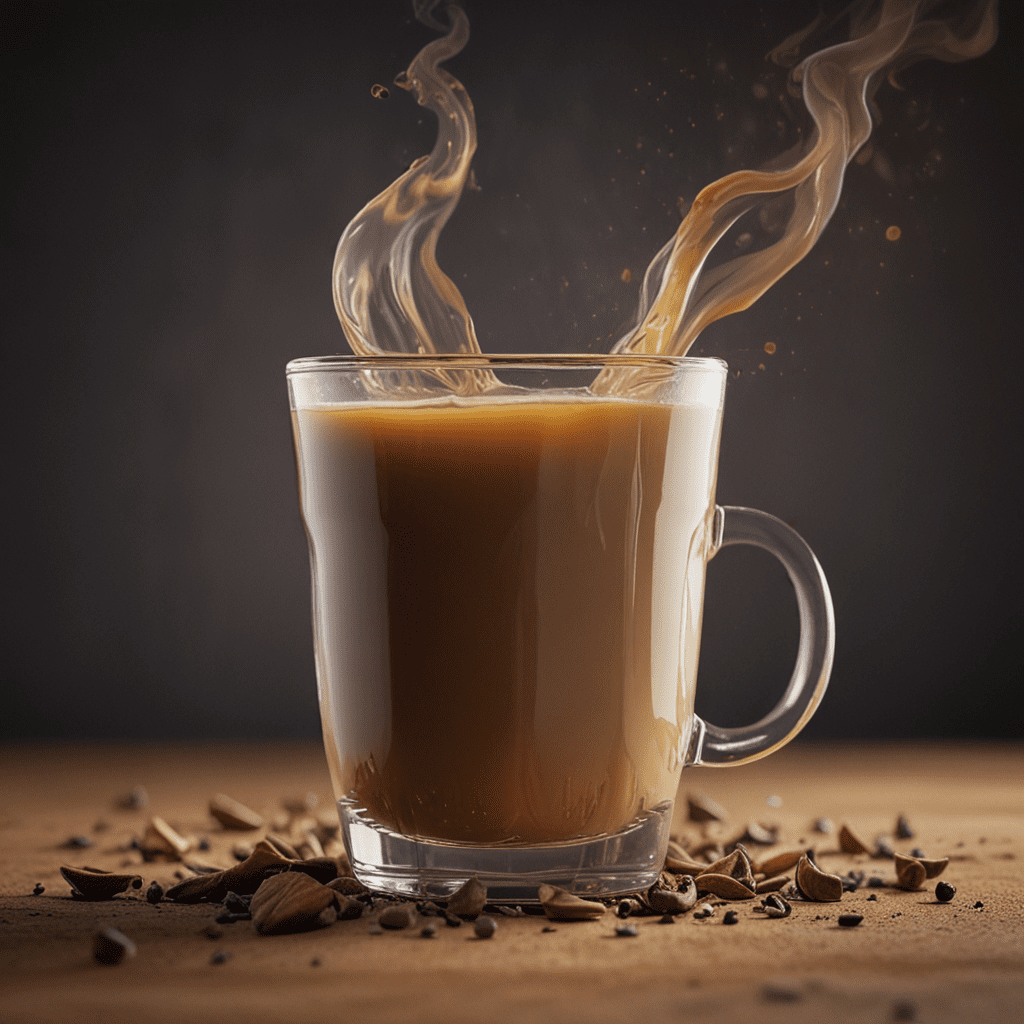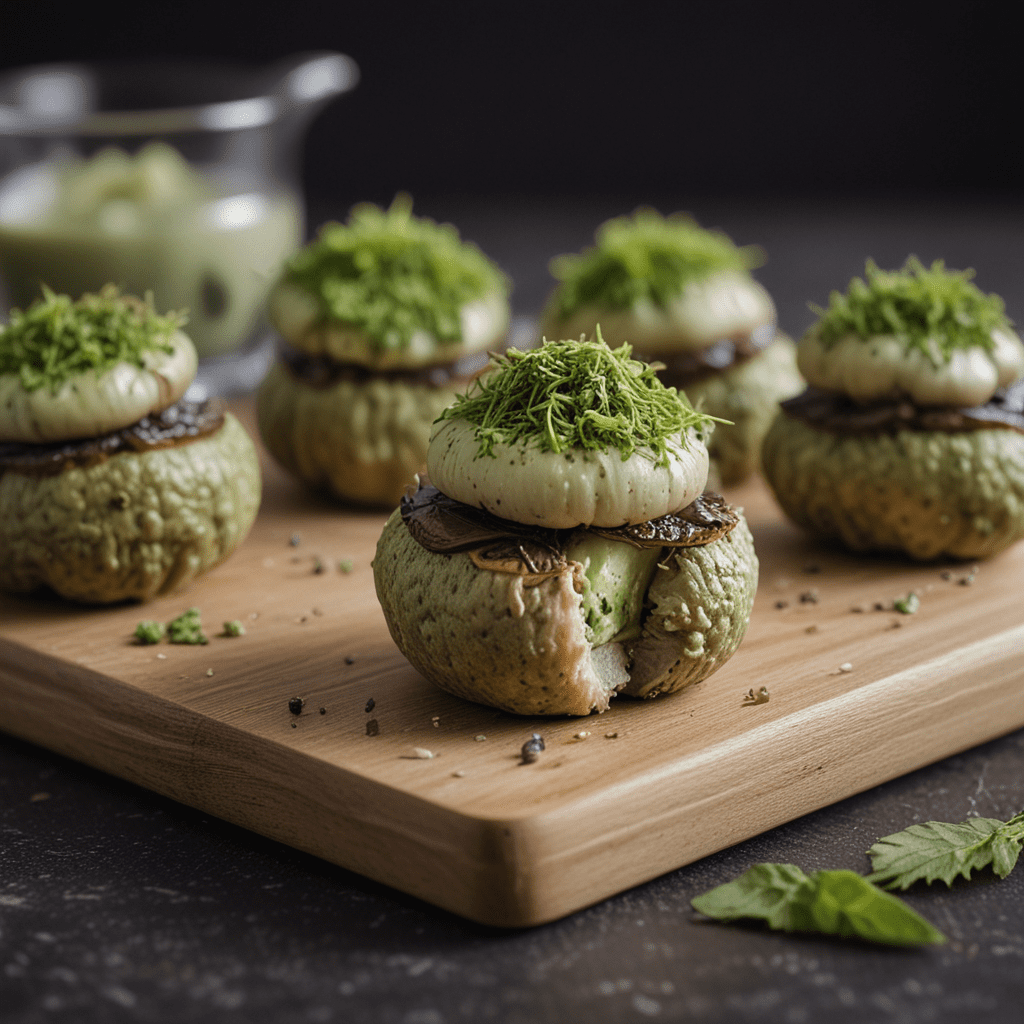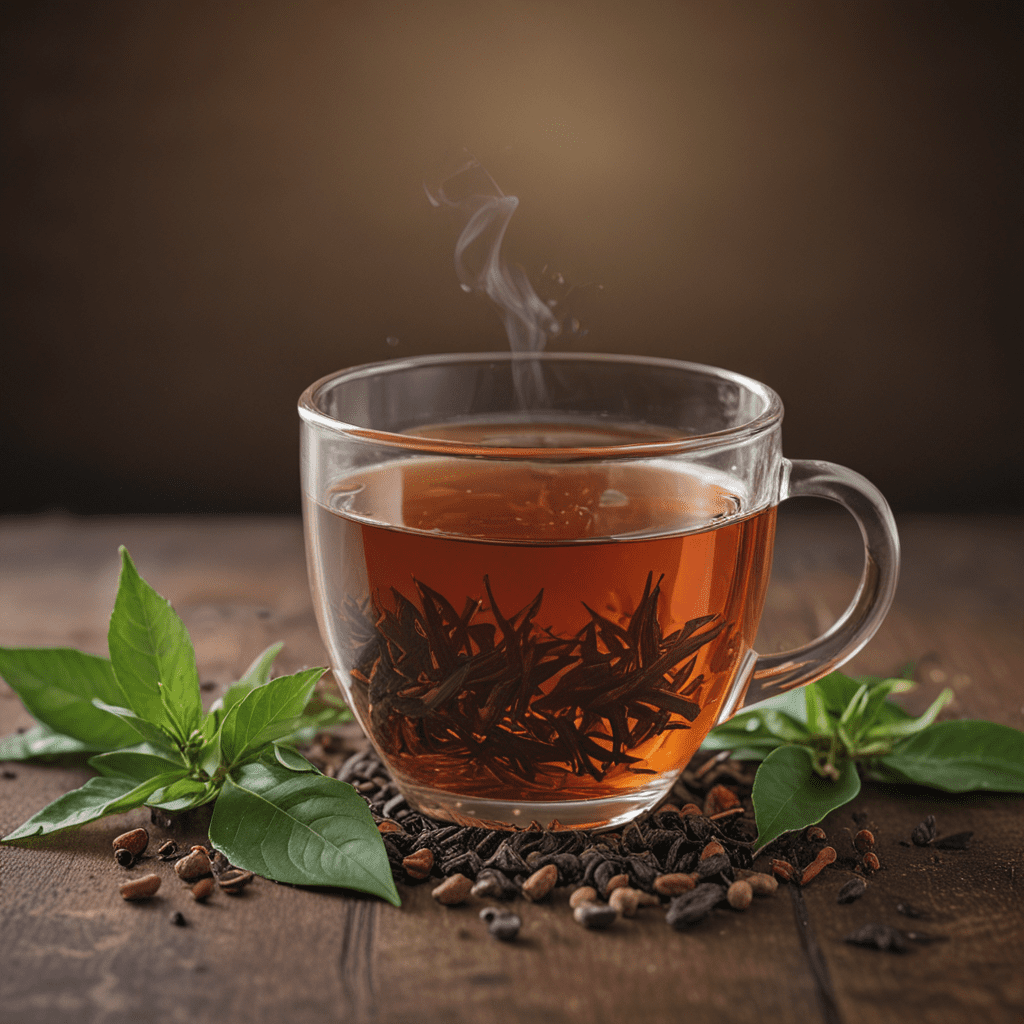
Chai Tea: The Ultimate Winter Beverage
Introduction
Chai tea, a delectable concoction from the Indian subcontinent, has emerged as a beloved beverage worldwide. It is a comforting blend of black tea infused with a medley of spices such as cardamom, cinnamon, ginger, and cloves, evoking a symphony of warmth and flavor. In this comprehensive guide, we'll embark on a journey through the history, benefits, and variations of chai tea, culminating in a step-by-step guide to brewing the perfect cup.
History of Chai Tea
Chai tea's origins trace back centuries to the ancient Ayurvedic system of medicine in India. Its medicinal properties were highly valued, with spices used for their therapeutic qualities. In the 19th century, British colonizers introduced black tea to India, which eventually fused with the traditional chai blend. This harmonious marriage resulted in a beverage that embodies both Eastern and Western influences.
Benefits of Chai Tea
Chai tea is not only a delectable indulgence but also boasts an array of health benefits. Its potent blend of spices provides antioxidants, aids digestion, boosts immunity, and exerts anti-inflammatory effects. The black tea base contributes caffeine, an invigorating component that enhances alertness and improves cognitive function. Moreover, studies have suggested that regular chai tea consumption may reduce the risk of chronic diseases such as heart disease, diabetes, and certain types of cancer.
Ingredients and Measurements:
For an authentic chai tea experience, gather the following ingredients:
Spices:
- 5-6 cardamom pods (crushed)
- 1-inch cinnamon stick, broken into pieces
- 1/2 teaspoon grated fresh ginger
- 5-6 cloves
Tea:
- 4-5 black tea bags or 2 tablespoons loose black tea
Milk:
- 2 cups whole milk or your preferred milk alternative
Sweetener (optional):
- 1-2 tablespoons sugar, honey, or maple syrup
Step-by-Step Instructions:
- Combine spices: Crush the cardamom pods and combine them in a small saucepan with the cinnamon, ginger, and cloves.
- Toast spices: Place the saucepan over medium heat and toast the spices, stirring constantly, for a few minutes until aromatic.
- Add water: Pour 2 cups of water into the saucepan, increase heat to high, and bring to a rolling boil.
- Steep tea: Remove the saucepan from heat and add the black tea bags or loose tea. Steep for 5-7 minutes, depending on desired strength.
- Add milk: Add the milk to the saucepan and return to medium heat. Bring to a gentle simmer and cook for 5-7 minutes.
- Sweeten (optional): If desired, add sweetener to taste.
- Strain and serve: Strain the chai tea into cups and savor the comforting warmth and flavors.
Variations on Chai Tea:
Chai tea offers endless possibilities for customization. Experiment with these variations to suit your taste buds:
- Vegan Chai: Substitute plant-based milk for whole milk.
- Ginger Chai: Increase the amount of grated ginger for a more intense zing.
- Spicy Chai: Add a pinch of chili powder or cayenne pepper for a subtle heat.
- Green Chai: Brew with green tea instead of black tea for a lighter, more refreshing taste.
- Rose Chai: Enhance the floral aroma with a few dried rose petals added to the spice blend.
Serving and Enjoying Chai Tea:
Chai tea is traditionally served hot in small cups or glasses. It pairs well with sweet treats such as baklava, cookies, or pastries. Garnish with a sprinkling of ground cardamom or cinnamon for an added touch of authenticity.
Conclusion:
Chai tea, the ultimate winter beverage, embodies a harmonious blend of flavors and health benefits. Whether you're a seasoned enthusiast or a curious newcomer, this comprehensive guide provides all you need to savor and appreciate the warmth and comfort of this beloved beverage. Experiment with variations, enjoy it with loved ones, and let the enchanting flavors of chai tea brighten your cold-weather days and nights.
Frequently Asked Questions (FAQ):
Q: Is chai tea the same as masala chai?
A: Yes, chai tea and masala chai refer to the same beverage. "Chai" means tea in Hindi, and "masala" refers to the blend of spices.
Q: What is the caffeine content of chai tea?
A: The caffeine content in chai tea varies depending on the type of tea used. Black tea has more caffeine than green tea, so chai tea made with black tea will have a slightly higher caffeine content.
Q: Is chai tea good for digestion?
A: Yes, chai tea is known to aid digestion. The spices, particularly ginger, have carminative effects that help relieve indigestion and bloating.
Q: Can I make chai tea without sugar?
A: Yes, you can enjoy chai tea without sugar. The natural flavors of the spices still shine through, providing a comforting and aromatic beverage. However, you can add natural sweeteners like honey or maple syrup if desired.

